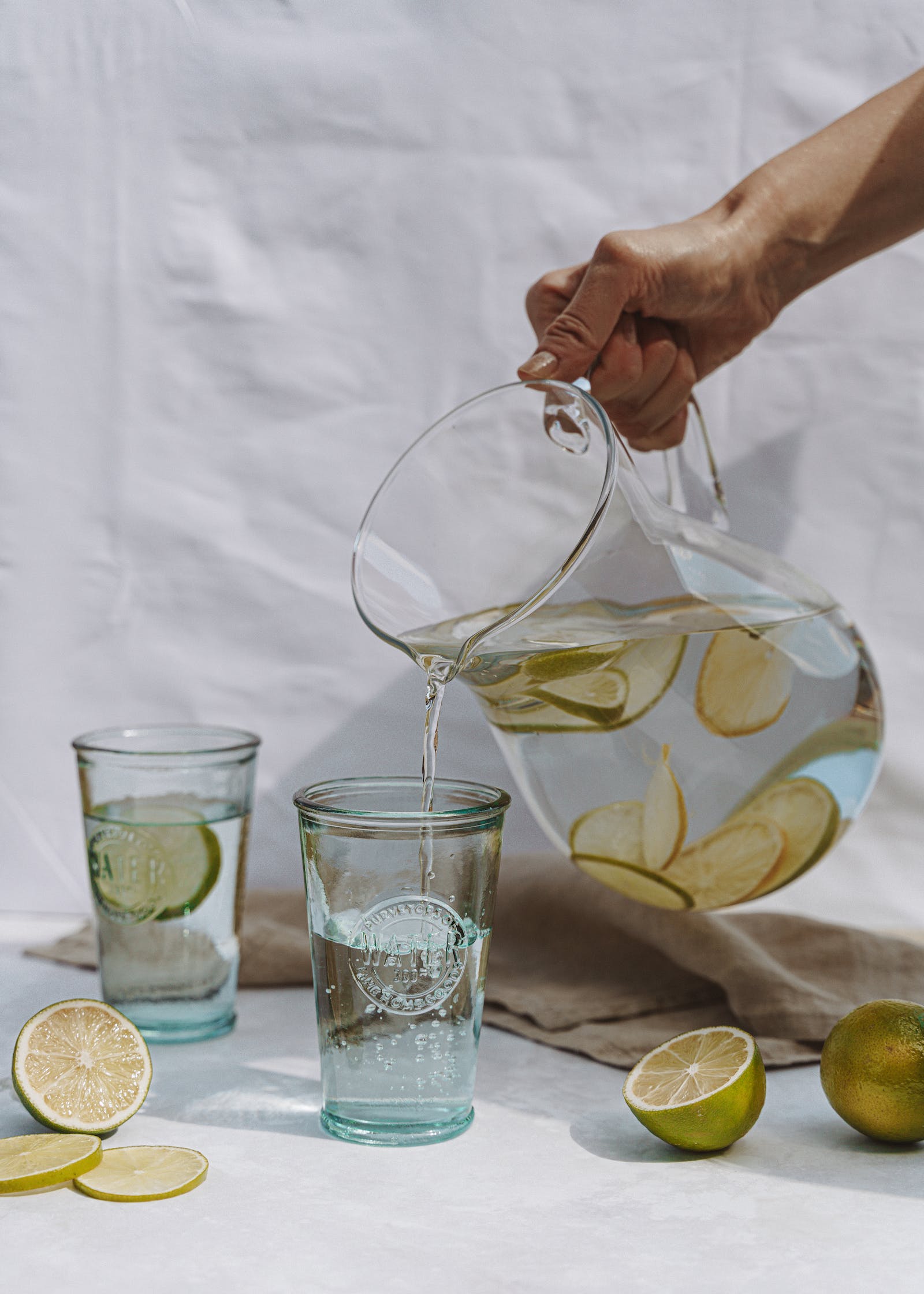Avoiding plumbing problems in hot weather
by siteadmin

Your plumbing can be negatively affected by the rising temperatures this summer. It is important to understand how the summer heat affects your plumbing directly and indirectly in order to avoid any problems or emergencies.
Leakage from pipes becomes more common during hot weather. This is often a sign that the pipes are older than their expected lifespan, or that there is an obstruction in their drain line.
1. Reduce your water usage to the minimum
The summer is the perfect time to enjoy backyard BBQs, corn-hole games, and watching your kids splash in their pools. All these fun activities can cause your plumbing system to be overworked and compromise its effectiveness.
Summer is a time when clogged drains are more common due to children flushing toys or hair down the toilets, and long showers. Avoiding these problems can be done by limiting water consumption and scheduling regular drain clearings.
Metal pipes can be more susceptible to cracking and expanding due to heat in the summer. This risk can be reduced by regular inspections and insulation of pipes.
The hot temperatures around your foundation can cause soil to become unstable, causing shifting of the ground. This increases the likelihood of leaks in the plumbing and other issues. Maintaining proper landscaping and burying your water lines far enough from the foundation are two effective solutions. Ensure that your main water valve has been turned off before leaving the house for an extended period.
2. Check Your Pipes Regularly
Regular inspections of pipes are essential to ensure that they continue to provide water for all your appliances and fixtures. We recommend that you have your pipes inspected every two years to detect any potential problems and avoid costly repairs.
Leaking pipes are a common plumbing problem. They can be caused by a number of factors, such as corrosion, changing ground conditions, or high water pressure. Water pooling or dripping sounds are two signs that a pipe is leaking.
It is important to inspect pipes to prevent tree roots from entering your plumbing system, causing pipes to crack or burst and costing a lot to fix. This costly problem can be avoided by keeping trees out of the system.
The hot weather can cause additional stress on your plumbing system. This includes an increased risk of leaks, among other issues. You can avoid plumbing problems by having your system professionally inspected and taking steps to shield the pipes from direct sunlight.
3. Have your pipes inspected by a professional
The summer's scorching temperatures can cause havoc to plumbing systems. Homeowners can avoid costly and stressful plumbing problems by taking preventative measures.
A professional plumber can prevent problems in your home by performing a full-house inspection. Visual inspections include examining pipes, fixtures, and other components of your plumbing system in order to determine any potential issues. Camera inspections allow plumbers to see inside pipes for damage or obstructions.
Early detection of leaks, which are difficult to detect during summer months, can save you money and water by preventing them from occurring. A full-house check can also reveal issues such as tree roots encroaching on pipes or sewer lines. By addressing these issues quickly, you will avoid future expensive replacement costs. It is beneficial to inspect homes before buying them, as it will give buyers information about the plumbing system and any surprises they may encounter.
4. Keep Drains Clean
Plumbing problems in the home are often caused by clogged drains. Clogs may cause structural damage to your home (such as warped floorboards and rotted wall supports), as well as health issues for the residents.
Regular maintenance and care can help keep drains clean. Pour a pot full of hot water into each drain in the kitchen and bathroom every week to clean them. Once a month, use baking soda with vinegar as a natural cleaning solution.
You should also avoid putting anything in the drain that doesn't belong there, like coffee grounds or grease. They should instead be composted, or placed in the appropriate container rather than going down your garbage disposal. Alternatively, you can run hot water while washing your dishes or putting them in the dishwasher. This will prevent grease from solidifying and hardening before it is flushed down. This hot water will also help emulsify the grease so that it flows more easily down your drain.
5. Schedule regular plumbing maintenance
Plumbing issues are not fun or rewarding. They can also become costly if they go unchecked. Regular plumbing maintenance, such as inspections, can help minimize the potential headaches that these problems may cause.
Regularly clean your drains to avoid clogs, reduce odors, and prolong their life. You can also relieve the strain on pipes by not pouring grease into them.
The majority of licensed plumbers recommend that you have your plumbing system maintained and inspected at least once a year. However, the frequency can vary depending on factors such as its age, condition, and proximity to trees and the number of cracks caused by tree root invasion. These simple steps can help you reduce the likelihood of plumbing problems during the hot months.
171 S Anita Dr Suite 215, Orange, CA 92868
Your plumbing can be negatively affected by the rising temperatures this summer. It is important to understand how the summer heat affects your plumbing directly and indirectly in order to avoid any problems or emergencies. Leakage from pipes becomes more common during hot weather. This is often a sign that the pipes are older than…
Recent Posts
- Expert Cleaners Lexington Shares Essential Tips for Properly Cleaning Hardwood Floors
- Expert Cleaners Lexington: Setting New Standards in Quality Assurance and Flexibility
- Expert Cleaners Lexington: Setting New Standards in Quality Assurance and Flexibility
- Understanding the Science Behind Lip Fillers: How Do They Work?
- Battling Houston’s Clogs: The Ultimate Guide to Hydro Jetting by Got Flow Plumbing & AC Services
